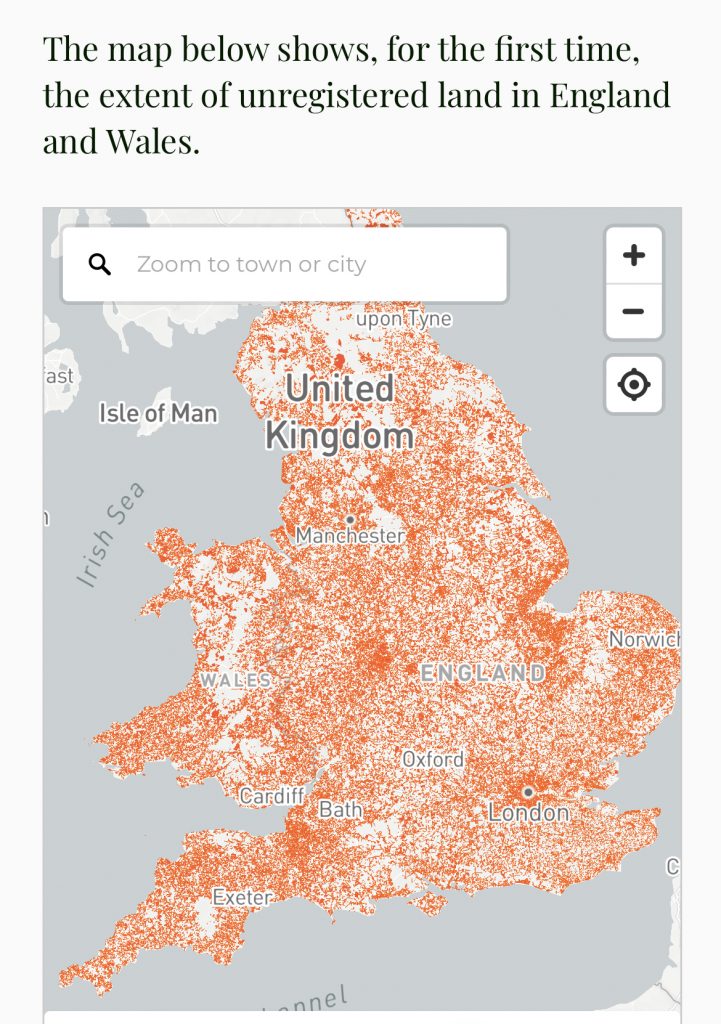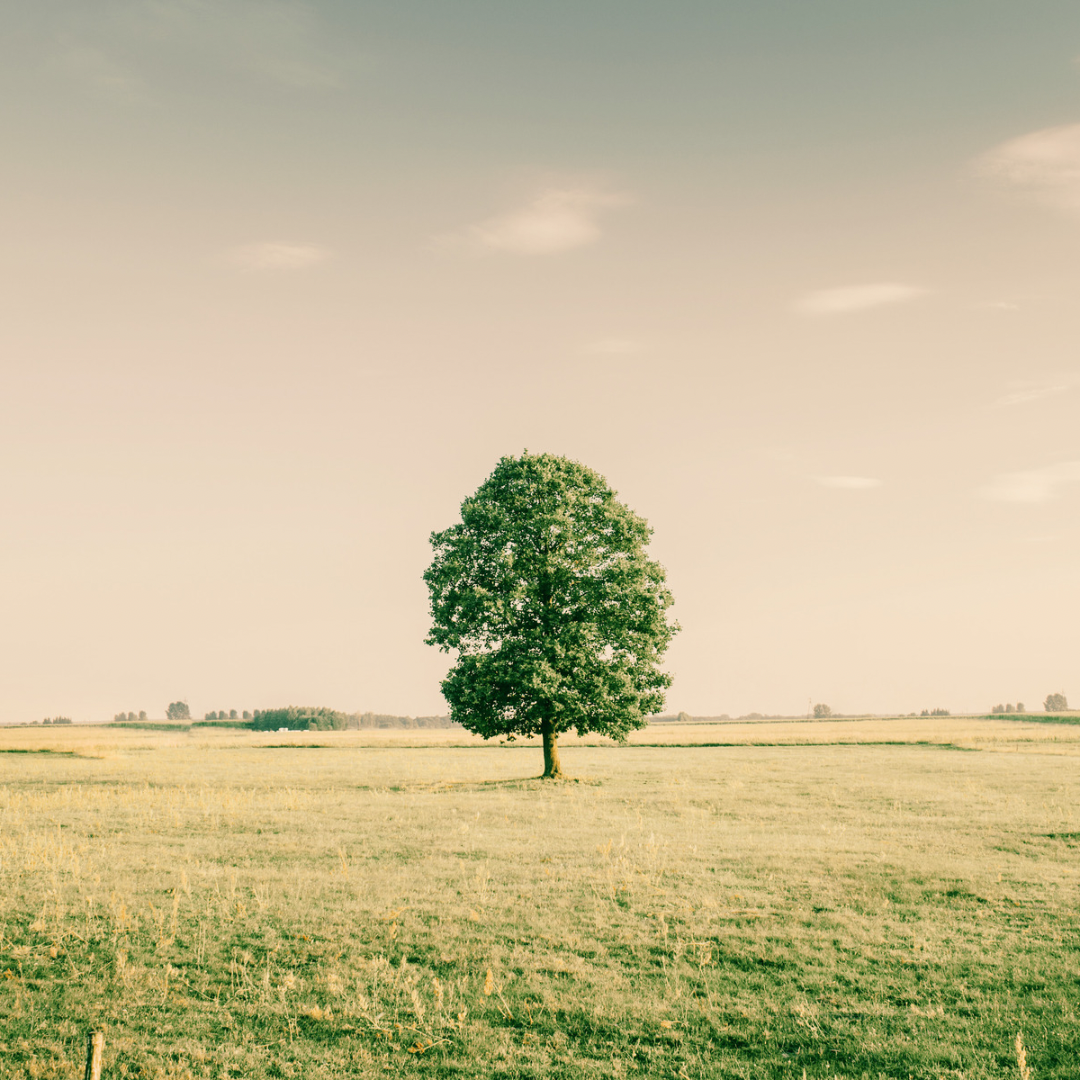5.2 Million acres of land (15%) of land across England and Wales is not registered. So does anyone own it and what are the possibilities of the general public acquiring some of this land for themselves?
Who owns our Land in the UK matters. It matters because land is a scarce resource. As a nation it matters because whoever owns that land gets to decide how it is used. Which has a huge impact on our living and future. Such as, wether its used for producing agriculture products, building developments for new homes, or utilised for recreational use.
Whilst you can search for land owners on the Land registry, 5.2 million acres (15%) of land across England and wales is not registered. all this land is owned by someone – usually, the person or institution involved will hold paper deeds to prove their ownership. The ownership details just haven’t been registered with the government,
Land Registry is working hard to get landowners to register their land, and has committed to registering 100% of England & Wales by 2030.
So who owns all this unregistered land? By definition, we don’t know. But we do know that it hasn’t changed hands for years, and most of it is rural. So it is probably owned by old families or institutions: as Land registry itself says: “Much of the land owned by the Crown, the aristocracy, and the Church has not been registered, because it has never been sold”.
This land generally has been owned by the same people for many years because registration of land on sale was not compulsory across England & Wales until 1990. Therefore this land hasn’t been sold within the last 23 years, and most likely much longer than that.
An unregistered piece of land does not mean that it is not owned. unregistered land proprietors will have a record of sales and relevant dealings with the land. Verifying the ownership of unregistered land is a difficult task though and involves a lot of research. For example, the enquirer could:
- Ask neighbouring landowners if they know who the owner(s) might be.
- Ask any local resident or business who has lived in the area a long time if they have any ideas about who owns it.
- Check adjoining registered properties with the Land Registry for possible clues. Such as mentions of ‘other land’ and their boundries.
- Search county or local authority records for clues.
- Ask the local council to see if any planning applications have been submitted over the years.
- Check the local electoral register.
- Hiring an online heir hunter to find the owner of unregistered land – at a cost.
- Check the Bona Vacantia division website for land that has been acquired from a deceased with no relatives or a dissolved company.
It is sometimes thought that unregistered land isn’t owned by anyone. This is not correct. In England and Wales, all land is owned by somebody, even if the legal owner cannot be identified.
If a person dies without a valid will, or without known kin, or if a company dissolves, the land passes to the Crown by law, referred to as “bona vacantia”
If a property becomes bona vacantia it belongs to the Crown and will normally be sold for full market value. However, the Crown sometimes disclaims difficult or problematic land, which has limited value or where it would not be cost effective to dispose of it. For example, amenity land or commons.
If BVD sell bona vacantia land it is always for the open market value subject to several variables. There is no guarantee that they will sell to you, or at all, and where possible, land will be sold at public auction.
If you want to buy bona vacantia land you can contact the bona vacantia division of the [government legal department]
Anna-Powell smith director of ‘who owns England’ has produced the first map of unregistered land.

Anna-Powell smith director of ‘who owns England’ has produced the first map of unregistered land.
Because of strict transparency restrictions on Land Registry records, there is no public map of registered land. However these restrictions do not apply to the 5 million acres of unregistered land.


No Comments